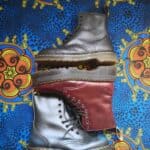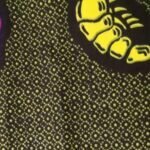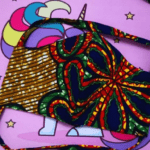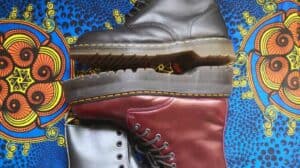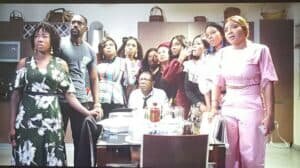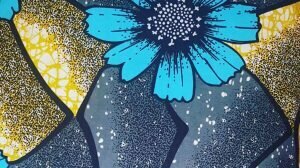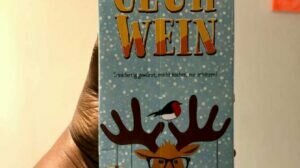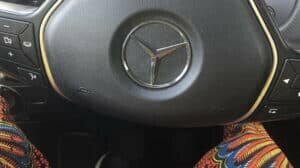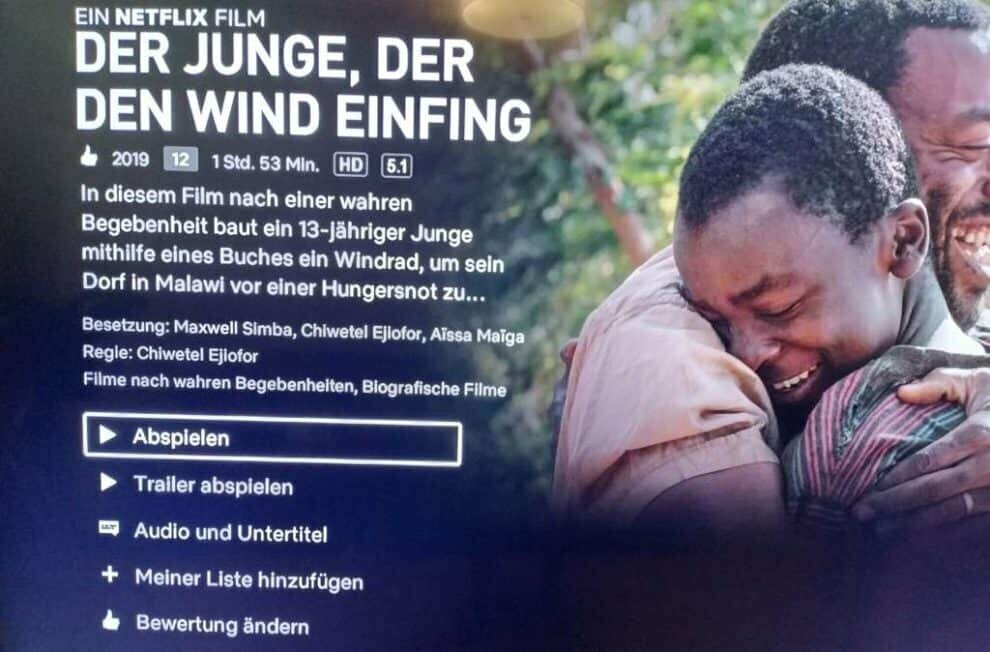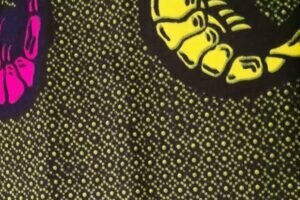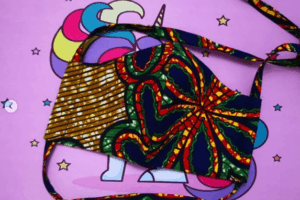Chiwetel Ejiofor.
The demigod. The gorgeous man. The Schauspieler hero.
Learning about William Kamkwamba through the movie directed by Mr Ejiofor was heart-warming. A few years ago, I did read a short article about him but I was struggling with my German integration and didn’t think much about his story
Chiwetel Ejiofor appeared on the daily show, talking about the movie and how he learned a new language to direct and play a part in it and it got me curious especially as I’m also learning a language and having to use it every day of my life. At the time of watching the show, I didn’t realize the movie was about a brown inventor until I searched online and connected the dots.
I don’t speak Chichewa, the language used in the film and can’t say if he made any language errors, but the fluency he exhibited in the movie was so inspiring. The fact that filming was done in Malawi made me so proud. This is Ejiofor’s directorial debut and starred Malawian actors probably regular locals(I don’t know for sure) which made the movie so much more incredible. I did recognize Noma Dumezweni who played the Librarian. She is from Swaziland and appeared in the short drama Black Earth Rising. Plus Aissa Maiga, the Senegalese-French actor, Joseph Marcell who is best known as the butler in the old sitcom Fresh Prince Of Bel Air.
A lot of films based on true stories hardly ever film in the original location of the story and while no one at least not me is judging that, you still have to salute Ejiofor for taking the story to Malawi.
This movie was so much better than his acting in the Nigerian Half Of A Yellow Sun which was a total disaster and so poorly made I cringe just thinking about how terrible it was.
So I have never been to Malawi and only lived in the cities back home in Nigeria, but I remember visiting my grandparents and experiencing how the people in the villages live.
The green, the vast farming lands, the single spaced room built as a kitchen for the firewood cooking and all the smoke. The dust, the calabash pots and plastics used to store clean water for bathing and drinking, the mortar and pistle, the colorful fabrics, plus of course the sad realization that education is probably never going to be free. At least not for now.
It was nostalgic and I felt like I was right there with them, playing an invisible character!
This film is based on a true story about William Kamkwamba who decided to do something about the drought plaguing the farms in his village after the government refused to do anything about it. This was a boy who was determined to solve the problem going on in his community and as we as kids try to dodge classes, this young boy was sneaking back into school to get educated.
Another thing I loved about the movie was the ease they portrayed with bilingualism. This is obviously a very common thing and Ejiofor brought that up in his interview with Trevor Noah. I do not like subtitle at all. I hate it and the only way I was able to get over that hate was learning German. I watch some movies and series in English and set up the subtitles to help me understand how certain verbs are used in daily life and this helped me not mind that part of the film.
Like Ejiofor said, being bilingual is a common thing especially in a place where people with different cultures and tribes exists. The language in a great number of schools in Nigeria is English, also at the work place. When two people from different tribes are conversing, English is the go to language and these same people revert to their native language when among family or fellow tribesmen/women.
The scene where he showed his friends how he could create electricity with the wind was so mind blowing. My heart was beating watching for that evidence of his creation manifesting.
I also loved the scene where everyone is watching the water pipe, the gurgling sound and the joy on his father’s face when water began running out. It was so magical.
The movie did bring back sad memories for me with my father. After school, I had no interest to do the mandatory service for Nigerian graduates and asked my dad to help finance my poultry farming idea and he said no. I was fresh out of school, pumped with knowledge about farming and food production. I was a young woman with big dreams and no money. I remember feeling betrayed by the one person who should without a doubt believe me and didn’t.
Kamkwamba’s mother did the one thing I wanted my own mother to do, show my dad that she believed in me and that should be enough for him to help me. The proud look on Ejiofor’s face after he realized his son’s invention was going to save them was so beautiful.
I did find someone to get the cash from and I paid it all back but for some reason, my little success wasn’t enough to persuade my dad to throw in cash for a larger scale of business I was going to single handedly manage. I was looking forward to my accomplishment making him proud but that never happened and it took me a while to get over it.
But listen, the movie is worth seeing. No matter what race you are or what shade your skin is. It’s a beautiful story made amazing by the sole fact of it being a true one.
You will laugh, probably cry too and experience dry throat from the emotions the film will bring out. I love it and I’m excited to follow his story and tell my kids about an inventor that lived in my time.
Hinweis: I apologize for the not so good feature image. All the amazing photos I took from the film are too large to be accepted by the site.

